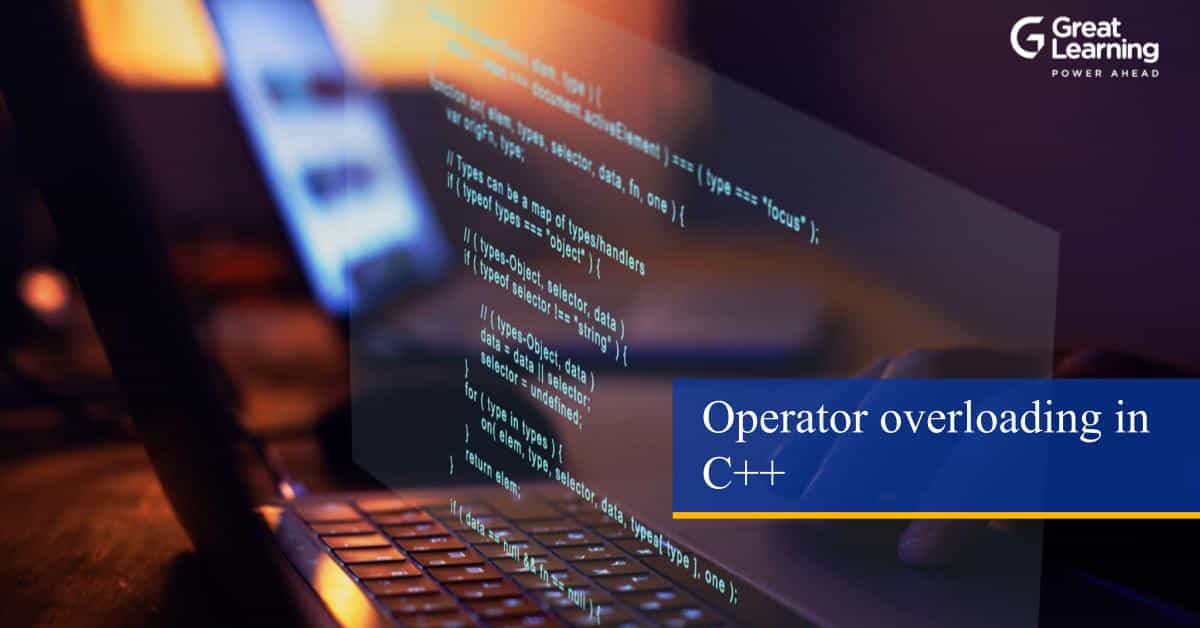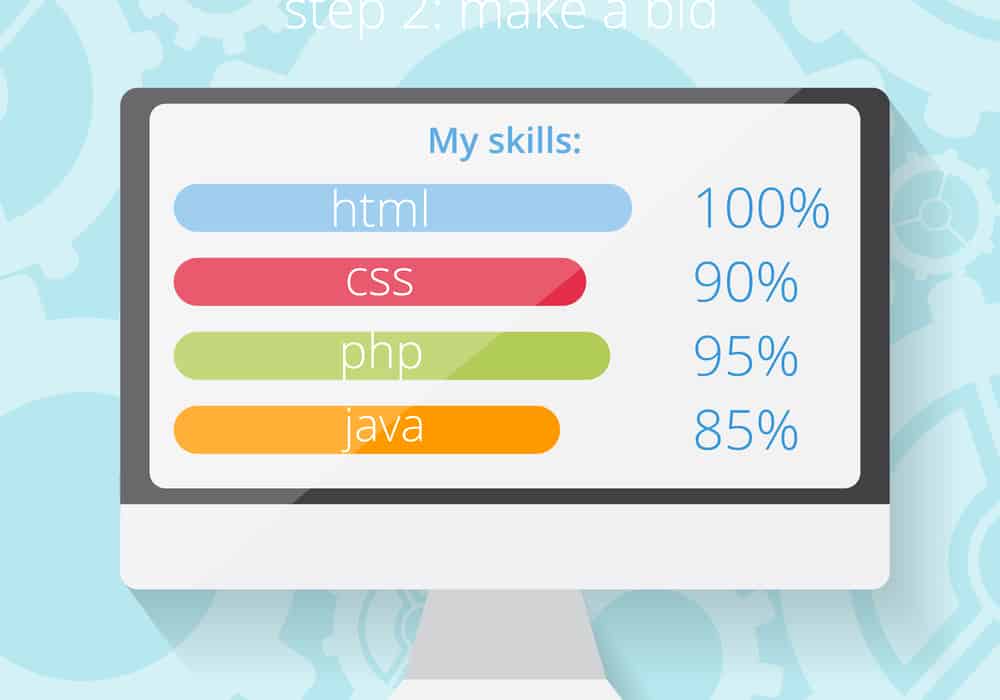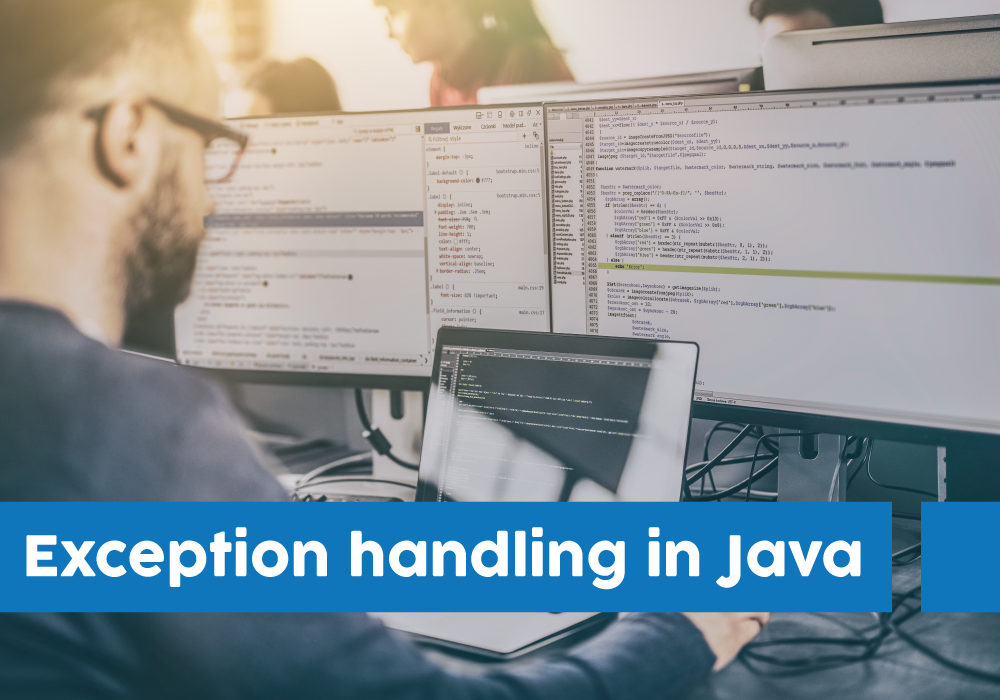Introduction
Looking to level up your programming skills with some hands-on C projects? You’ve come to the right place!
Programming is all about problem-solving and staying ahead in technology and what better way to start than with C, the language that has shaped the digital world for the past 50 years?
With an amount of 173,203 active users of the C language, the community is thriving and ready to welcome newcomers with open arms.
Whether you’re a beginner looking for simple C projects or an experienced coder seeking new C project ideas, this blog is your ultimate guide to the top C projects in 2025.
Let’s dive in
Join the ranks of coding champions with our exclusive Free C Programming Courses
Why Does C Programming Maintain Its Popularity?
The C programming language, devised by Dennis Ritchie, is renowned for its procedural nature and was originally crafted for system programming tasks like operating system development.
Its attributes include low-level memory access, a concise set of keywords, and a clean coding style, making it ideal for system-level projects such as operating systems and compilers.
Over time, C has solidified its position as a robust and dependable language in software development, playing a crucial role in the creation of major platforms like Microsoft Windows, Apple’s OS X, and Symbian.
Notably, giants like Google’s Chromium, MySQL, Oracle, and Adobe heavily rely on C for their applications.
Here are the primary vital reasons to make your projects in c language
- Flexibility
C offers seamless memory management and allocation flexibility, empowering programmers with complete control over memory usage. Functions like malloc () and malloc() facilitate efficient memory allocation and management, enhancing optimization and efficiency. - Portability
Its portability as an assembly language enables C to work across various processor architectures. Libraries enhance their functionality, integrating seamlessly with different systems and processors and enhancing accessibility and computation efficiency. - Simplicity
As a mid-level language, C balances high-level and low-level languages, making them easy to understand and use. Its structured nature facilitates breaking down code into manageable parts, enhancing readability and ease of maintenance. - Structured Language
C’s structured programming paradigm breaks programs down into smaller, reusable functions, enhancing comprehensibility and maintainability. This structure promotes code reusability and modularity, simplifying development and troubleshooting. - Memory Management
C supports dynamic memory allocation, enabling memory allocation at runtime and freeing allocated memory as needed. Pre-defined functions facilitate efficient memory management, enhancing resource utilization and program performance. - Speed
Known for its fast compilation and execution times, C minimizes overhead with its minimalistic approach and lack of built-in functions. This speed is advantageous for projects where performance is crucial. - Security
While lacking built-in memory safety features, C provides the flexibility to implement security measures as required. This allows developers to adhere to best practices and create secure software, making C suitable for security-conscious projects.
Explore the fundamentals of data structures in C with our comprehensive blog post: “What is the Data Structure in C and How it works?“
Top C Projects In 2025
C Projects For Beginners
1. Bank Management System
Overview:
The Bank Management System is a beginner-friendly project among some top C programming projects for students diving into coding. It simulates a simplified version of a bank’s operations, allowing users to perform basic banking tasks like creating accounts, depositing and withdrawing money, and checking balances.
Key Features:
- Account Management: Users can create new accounts, delete existing ones, and modify account details like name, balance, and account number.
- Transaction Handling: The system facilitates depositing funds into accounts, withdrawing money, and transferring money between accounts.
- Balance Inquiry: Users can check the balance of their accounts to keep track of their finances.
Why It’s Great For Beginners
Bank Management System offers hands-on experience in C programming projects, helping beginners grasp fundamental concepts like data handling, conditional statements, and user input/output. It provides a practical application of C language fundamentals while introducing students to real-world problem-solving scenarios.
How To Get Started?
Beginners can start by designing a simple menu-driven interface for the Bank Management System, incorporating account creation, transactions, and balance inquiries functions. They can gradually enhance the project by implementing features like password protection, transaction logs, and error handling to create a more robust and user-friendly application.
2. Diary Management System
Overview
Diary Management System is a beginner-friendly C project designed to help users digitally organize and manage their diaries or journals. It allows users to create, edit, and delete diary entries, providing a convenient platform for recording thoughts, events, and reflections.
Key Features:
- Entry Creation: Users can create new diary entries, specifying the date, title, and content of each entry.
- Entry Editing: The system allows users to edit existing entries to make revisions or add new content.
- Entry Deletion: Users can delete unwanted entries from their diary to declutter their journal.
Why It’s Great For Beginners
Diary Management System offers beginners a practical way to apply their C programming skills to developing a simple yet functional application. It involves file-handling concepts for storing and retrieving diary entries and basic user interface design for interacting with the system.
How To Get Started?
Beginners can start by designing a menu-driven interface for the Diary Management System for these types of projects in c. They can incorporate functions for adding, editing, and deleting diary entries.
They can implement file-handling techniques to store entries in a text file, ensuring data persistence between sessions. Additionally, they can explore features like search functionality, encryption for privacy, and backup options to enhance the system’s utility and security.
3. Calendar
Overview
Calendar is a beginner-friendly C project that lets users view and manage dates, appointments, and events in a digital format. It provides a simple yet effective tool for organizing schedules, setting reminders, and planning activities.
Key Features
- Date Display: The system displays a calendar view, allowing users to navigate through months and years to view specific dates.
- Appointment Management: Users can schedule appointments, set reminders, and organize events by date and time.
- Reminder Notifications: The system sends notifications or alerts for upcoming appointments to help users stay organized.
Why It’s Great For Beginners
The Calendar project allows beginners to apply their C programming skills to develop a practical utility tool. It involves concepts like date manipulation, user input processing, and basic graphical user interface design for displaying calendar views and appointment details.
How To Get Started?
Beginners can start by designing a primary calendar interface with options for navigating through months and years. They can implement functions for adding, editing, and deleting appointments, ensuring proper validation of date and time inputs.
Additionally, they can explore features like recurring events, color-coding for different types of appointments, and synchronization with external calendars to enhance the project’s functionality and user experience.
Want to ace your C programming interview?
Check out our blog on Top 30+ C Interview Question and Answers
C language projects For Intermediate
1. Customer Billing System:
Overview
A Customer Billing System comes under an intermediate-level C language project that involves developing a program to manage billing and invoicing for a business. It includes functionalities for adding customer details, generating bills, and calculating totals.
Key Features
- Customer Management: Users can add, edit, and delete customer information, including name, address, and contact details.
- Billing Functions: The system allows users to generate bills for products or services customers purchase.
- Total Calculation: It calculates the total amount payable, including taxes and discounts, based on the items listed in the bill.
Why It’s Great for Intermediate Level
This project offers a deeper dive into file handling, data structures, and functions in C programming. Intermediate learners can enhance their skills in handling complex data structures, such as arrays of structures or linked lists, to manage customer data efficiently.
How to Get Started?
Begin by designing the structure of customer records and billing information. Then, implement functions for adding, modifying, and deleting customer details. Finally, billing functionalities in such C program projects should be integrated to ensure accurate calculations for generating invoices.
2. Cricket Score Display
Overview
Creating a Cricket Score Display in C is an intermediate project that involves developing a program to display live cricket scores. It fetches data from an external source or simulates a cricket match scenario.
Key Features
- Live Score Updates: The system continuously updates and displays scores for ongoing cricket matches.
- Match Details: It provides information such as team names, overs bowled, runs scored, wickets fallen, and required run rate.
- User Interface: Users can interact with the program through a simple command-line interface to view match updates.
Why It’s Great for Intermediate Level
These types of C language projects enable intermediate learners to practice handling real-time data and implementing algorithms for score calculations. It also introduces concepts like multi-threading or socket programming for fetching live data from external sources.
How to Get Started?
Begin by designing the structure to store match details and scores. Then, implement functions for fetching and updating live scores. Finally, a user-friendly interface should be created to display match information.
3. Quiz Game
Overview
Developing a Quiz Game in C is an intermediate-level project that involves creating a program to conduct quizzes on various topics. It includes functionalities for displaying questions, accepting user responses, and calculating scores.
Key Features
- Question Bank: The system stores a database of questions with multiple-choice answers for different quiz categories.
- User Interaction: It allows users to select a quiz category, attempt questions, and receive instant feedback on their responses.
- Score Calculation: The system calculates and displays the user’s score based on the number of correct answers.
Why It’s Great for Intermediate Level
This project provides hands-on experience handling arrays, strings, and conditional statements in C programming. Intermediate learners can also explore concepts like randomization to present questions in a random order.
How to Get Started?
Begin by designing the structure to store quiz questions and answers. Then, implement functions for presenting questions, validating user responses, and calculating scores. Finally, create an interactive interface for users to navigate quiz categories and questions.
Advanced C Projects
1. Snake Game
Overview
The Snake Game in C is an advanced project that involves developing a classic arcade game where the player controls a snake to eat food and grow in size while avoiding collisions with walls and itself.
Key Features
- Gameplay Mechanics: The game simulates snake movement, food generation, and collision detection to provide an immersive gaming experience.
- Score Tracking: It keeps track of the player’s score based on the number of food items eaten by the snake.
- Levels and Challenges: The game may include multiple levels with increasing difficulty levels and additional challenges.
Why It’s Great For Advanced Level
This project challenges advanced learners to implement complex algorithms for game logic, including snake movement, collision detection, and level progression. It also involves implementing a graphical user interface (GUI) for rendering game elements.
How To Get Started?
Begin by designing the game mechanics, including snake movement and food generation. Then, implement algorithms for collision detection and score tracking. Finally, GUI elements should be integrated to display the game interface and user interactions.
2. Online Voting System
Overview
Developing an Online Voting System is an advanced project in C language that involves creating a secure and efficient platform for conducting elections or polls online.
Key Features
- User Authentication: The system authenticates voters and ensures secure access to the voting platform.
- Ballot Casting: It allows voters to vote electronically for candidates or ballot options.
- Result Tabulation: The system tallies votes and generates election results in real time or at the end of the voting period.
Why It’s Great for Advanced Level
This project challenges advanced learners to implement robust security measures, including encryption and authentication protocols, to safeguard the integrity of the voting process. It also requires knowledge of database management for securely storing voter information and election results.
How To Get Started?
Begin by designing the system architecture, including user authentication and database management. Then, implement functionalities for ballot casting, result tabulation, and result display. Finally, conduct thorough testing to ensure the voting system’s reliability and security.
3. Bus Reservation System
Overview
Developing a Bus Reservation System in C is one advanced C project idea that involves creating a comprehensive platform for managing bus ticket bookings, seat allocations, and passenger information.
Key Features
- Ticket Booking: The system allows users to search for bus routes, select available seats, and book tickets for desired travel dates.
- Seat Allocation: It efficiently allocates seats based on user preferences and availability while ensuring optimal occupancy.
- Passenger Management: It stores passenger details, including name, contact information, and ticket booking history.
Why It’s Great For Advanced Level
This project challenges advanced learners to design and implement a complex system with multiple interconnected modules, including user interfaces, database management, and seat allocation algorithms. It also requires attention to scalability and performance optimization for handling large transactions.
How To Get Started?
Begin by designing the system architecture, including modules for ticket booking, seat allocation, and passenger management. Then, implement functionalities for each module, ensuring seamless integration and data consistency. Finally, thorough testing for such C program projects will be conducted to validate the system’s reliability and performance under various scenarios.
Check out the best resources for learning C programming
Dive into our blog on ‘C Programming Books for Beginners and Advanced‘ for expert recommendations and insights
Some More Top C Projects For Beginners
- Text-based Adventure Game
- File Compression Utility
- Music Player
- Student Database Management System
- ATM Simulator
- Weather Forecasting Application
- Contact Management System
- Inventory Management System
- Tic-Tac-Toe Game
- Simple Compiler or Interpreter
- Expense Tracker
- Digital Clock
- Sudoku Solver
- Image Processing Application
Build a solid foundation in C programming with our Free C for Beginners Course
Wrapping Up
We trust these C programming projects will provide valuable learning experiences and enhance your programming skills. You’ll gain practical knowledge and confidence in tackling real-world coding challenges by working on these projects.
If you want to delve deeper into software development and seek guidance from industry experts, consider exploring the Great Learning’s Software Engineering Course.
Our course offers a comprehensive curriculum, mentorship, and hands-on projects to help you become a proficient software engineer.
With a focus on practical skills and industry-relevant knowledge, our program equips you with the expertise needed to excel in the field of software engineering.
As you complete these C projects, consider adding a free certification course to your portfolio. It’s a great way to demonstrate your commitment to learning and professional growth.
FAQs
For students looking to embark on C programming projects, various resources are available online, including tutorials, forums, and project idea repositories.
Websites like GitHub, GeeksforGeeks, and Codecademy offer many project ideas, coding challenges, and community support to help students start their programming journey in C.
Additionally, textbooks and online courses focused on C programming can provide structured learning paths and practical exercises to reinforce programming concepts.
To effectively showcase their C project ideas, beginners can create a portfolio showcasing their completed projects, including project descriptions, code samples, and any relevant documentation or explanations.
They can also contribute to open-source projects, participate in hackathons or coding competitions, and share their projects on online platforms like GitHub, LinkedIn, or personal websites.
Additionally, including project experience and achievements on resumes or job applications can demonstrate practical skills and passion for programming to potential employers.
Beginner-friendly integrated development environments (IDEs) such as Code Blocks, Dev-C++, or Eclipse with C/C++ Development Tools (CDT) are recommended for beginners working on C projects.
These IDEs offer syntax highlighting, code completion, and debugging support, making it easier for beginners to write, compile, and debug C code. Additionally, online compilers and code editors like reply. It or CodeChef’s IDE provides convenient options for practicing C programming without local installations.









